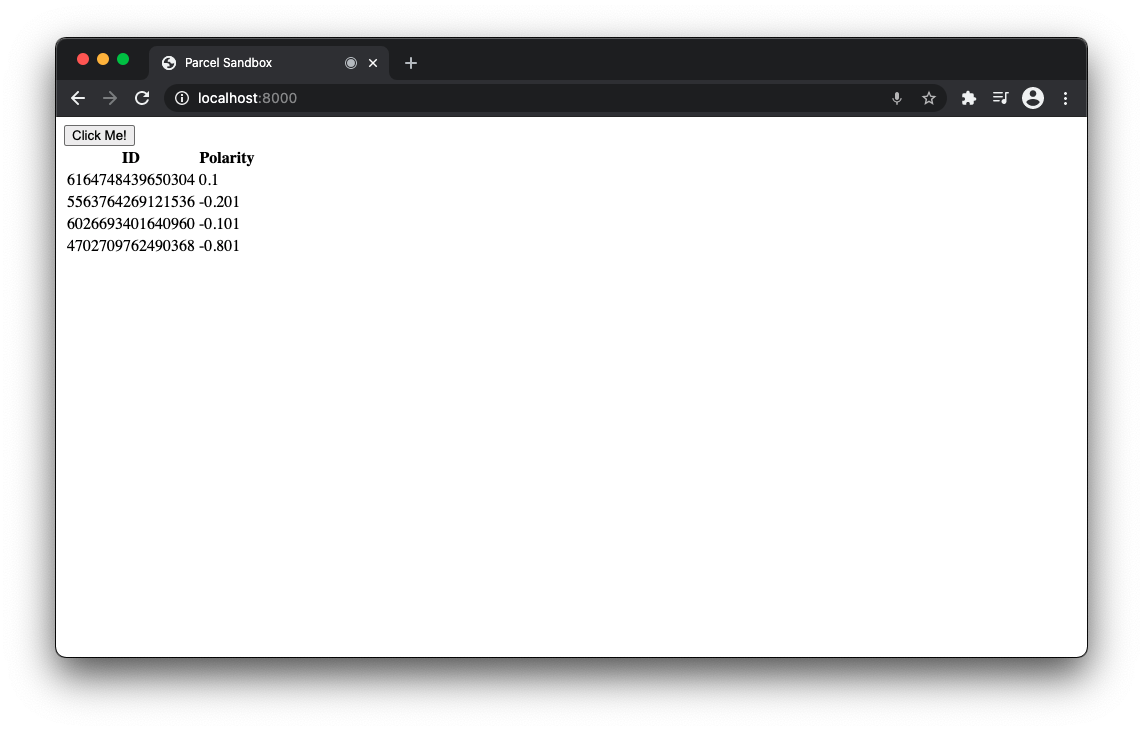============================
Symbl's APIs empower developers to enable:
- Real-time analysis of free-flowing discussions to automatically surface highly relevant summary discussion topics, contextual insights, suggestive action items, follow-ups, decisions, and questions.
- Voice APIs that makes it easy to add AI-powered conversational intelligence to either telephony or WebSocket interfaces.
- Conversation APIs that provide a REST interface for managing and processing your conversation data.
- Summary UI with a fully customizable and editable reference experience that indexes a searchable transcript and shows generated actionable insights, topics, timecodes, and speaker information.
Enable real-time sentiment analysis through Symbl.ai's sentiment analysis API. The demo is designed to show that sentiments may be logged messages in real-time.
The first step to getting setup is to sign up. After signing up, add your x-api-key as the value for the accessToken. Create a unique meeting ID with your email.
To run the app, you have to ensure that you encounter neither an error with CORS nor with a local server. You download a CORS extension to handle CORS. The second step is to create a Python http server in the repo's directory.
python3 -m http.server 8000
After creating the local server, you press the button to initiate the WebSocket connection. Begin speaking. With the WebSocket connection established, your console should log events for messages. As these messages are logged, a table populates with the message IDs with their corresponding values for polarity.
If your table populated with values for polarity, then you successfully ran the demo.
If you are having trouble, check out our API overview, our cURL cheatsheet or test your endpoints in Postman. If you have any questions, feel free to reach out to us at devrelations@symbl.ai or through our Community Slack or our developer community.
This guide is actively developed, and we love to hear from you! Please feel free to create an issue or open a pull request with your questions, comments, suggestions and feedback. If you liked our integration guide, please star our repo!
This library is released under the MIT License

